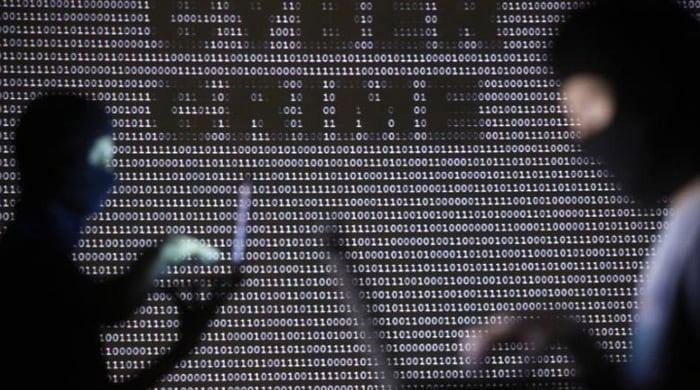New Regulations Empower Pakistan’s Cyber Crime Agency
ISLAMABAD: The Ministry of Interior has formally announced a revised set of regulations for the National Cyber Crime Investigation Agency (NCCIA), significantly broadening its jurisdiction to tackle a growing number of cybercrimes across Pakistan.
NCCIA Director General Waqaruddin Syed verified that the updated structure has been circulated for immediate implementation. According to the amended regulations, the agency now possesses the authority to freeze assets within the country—a substantial move in combating financial offenses related to cyber activities.
To guarantee oversight, all asset-freezing actions will necessitate prior authorization from the director general. Moreover, the new structure enables the NCCIA to collaborate with international organizations on cross-border investigations, enhancing its capacity to dismantle intricate, transnational cybercrime networks.
The NCCIA’s responsibilities encompass conducting inquiries under pertinent sections of the Pakistan Penal Code. To ensure a unified approach to cyber threats nationwide, the agency will collaborate with sensitive institutions and provincial bodies.
To counter specific and escalating threats, the NCCIA will form specialized units focused on combating online financial scams and online exploitation of children.
Transparency and accountability are essential components of the new regulations. All NCCIA staff must wear uniforms, and an internal accountability division will be established within the agency to oversee internal behavior and uphold ethical guidelines.
According to the rules, investigations may commence based on source reports, but all such inquiries mandate prior clearance from the Director General, ensuring a centralized and regulated procedure.
The notification of these rules follows the NCCIA’s recent takedown of a major cybercrime operation based out of Multan. The primary suspect, identified as Arsalan from the Dunyapur region, was apprehended. He was allegedly part of a wider network that defrauded Pakistani and international individuals.
The group employed sophisticated scams on WhatsApp and Facebook, enticing victims with bogus game shows, marriage proposals, and foreign aid programs.
Authorities disclosed that the group would present victims with fabricated videos of foreign currency to build trust, then demand “tax” payments in return for promised financial assistance—extracting millions of rupees.
The group also utilized fraudulent profiles on dating sites to gain the confidence of victims before executing deceptive schemes.



Comments (0)
No comments yet. Be the first to comment!
Leave a Comment